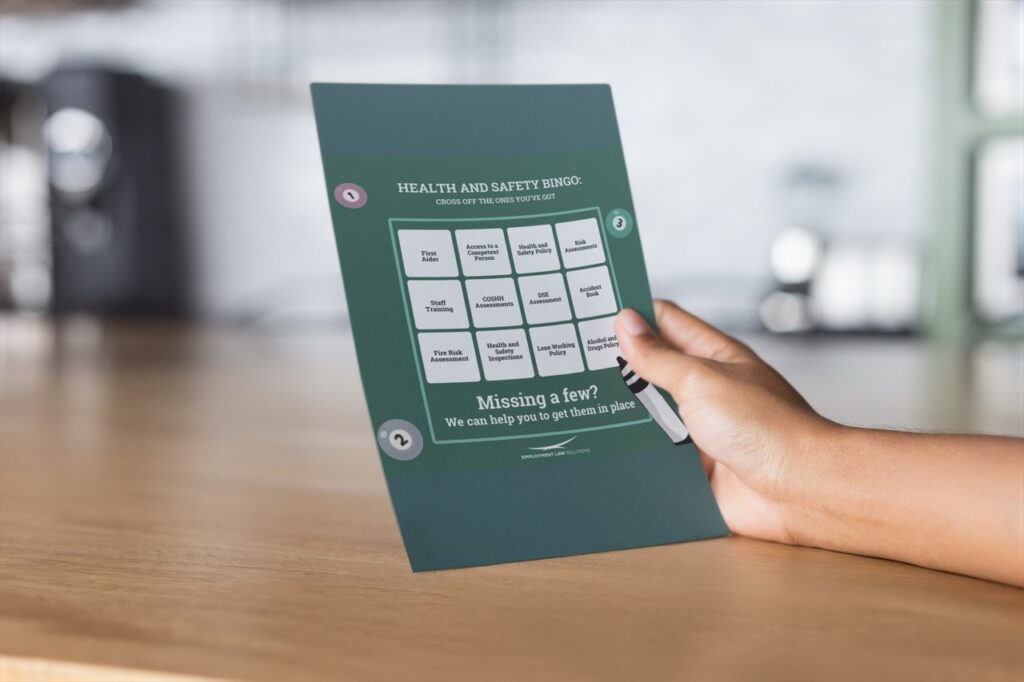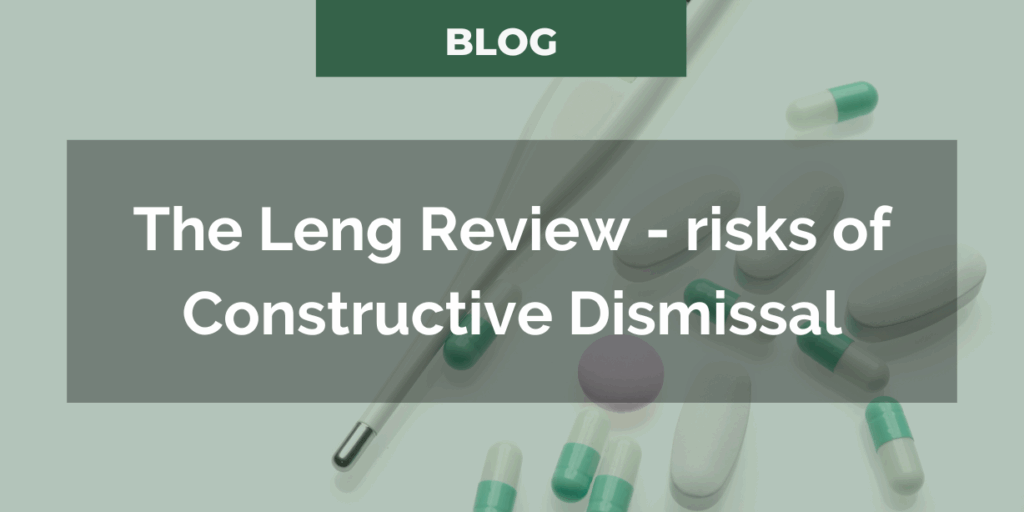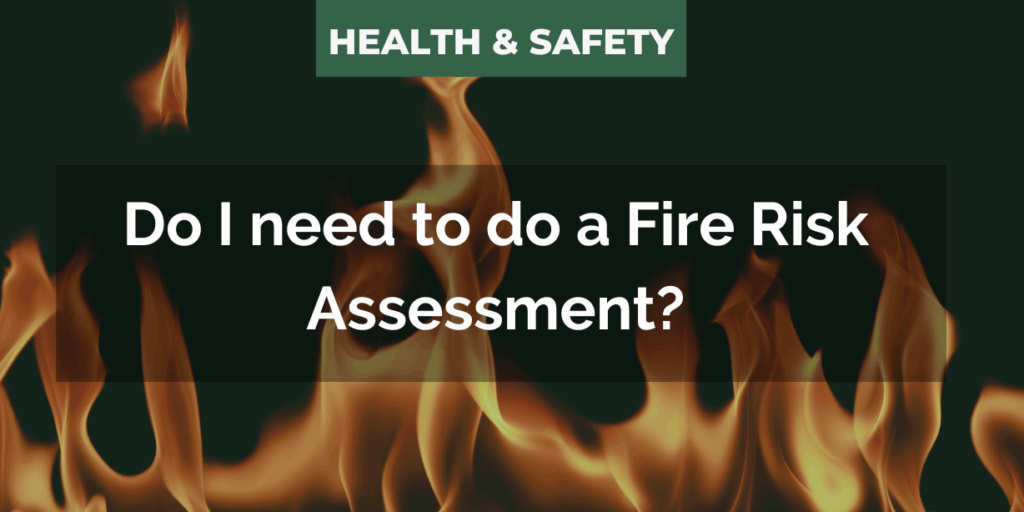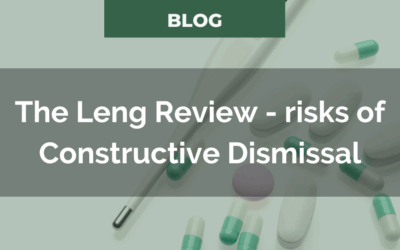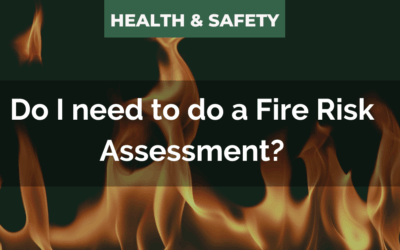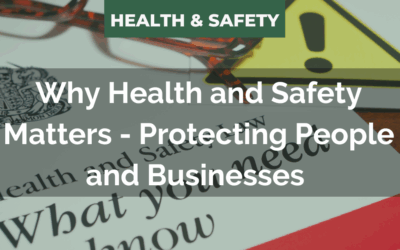General Guidance | Discrimination • October 5, 2018
Mental Health Part 5: “I’m Stressed!”
Written by Jennifer Ormond
“I have too much work to do, I can’t cope and I am stressed.”
What obligations fall upon employers to resolve stress a work and what liabilities can arise from a failure to act?
Obligations
Once an employee says that they are stressed at work, the obligations on employer depend on how unwell the employee is. Stress at work may be linked to an on-going health condition such as depression or anxiety and it could amount to a disability.
If it amounts to a disability, there will be obligations to consider implementing reasonable adjustments – check out Wednesday’s post for more information on this.
If the stress at work is the first time an employee has felt unwell and it’s simply due to a temporary increase in workload, it is not likely to amount to a disability. Even so, employers have a duty of care to protect the health, safety and well-being of their employees. Our advice is that a comprehensive welfare meeting should be carried out to establish what is wrong with the employee, why (s)he feels unwell, how work is to blame and what can be done to fix it.
Ignoring an employee’s cry for help can create problems for you – even if you believe they are crying wolf.
Penalties
There are numerous claims which arise from a failure to properly deal with stress at work but herein, we take a look at two common areas: personal injury claims and constructive unfair dismissal claims.
(1) Personal Injury Claims
Personal injury claims can be brought by employees who have suffered an actionable physical or psychiatric injury, so long as the employer had breached its duty of care. Furthermore, the employee needs to be able to show that the injury was reasonably foreseeable.
So, if the employee has complained about stress at work AND said that a failure to resolve it will make them more unwell, you could be at risk.
(2) Constructive Unfair Dismissal Claims
Constructive unfair dismissal claims can arise where there has been a breach of the implied term of trust and confidence contained within a contract of employment. Usually, the employee would need to raise a grievance setting out what they believe the employer’s fault to have been. In some cases, where the employer has completely ignored the concerns and the problems have continued or worsened, there is no need to raise a grievance as the employee could have a decent claim in any event.
A failure to act upon an employee’s claim that they are stressed can easily form the foundation of a constructive dismiss claim and can carry up to 12 months pay as compensation.
It is therefore imperative that employers properly deal with employees saying “I’m stressed” – even if it seems to be an overreaction at the time.

You might also like…
Health & Safety Bingo! Compliance Made Simple (and Not Boring!)
Health & Safety Bingo is here to prove that compliance doesn’t have to mean boring manuals, endless tick-boxes, or confusing jargon. If you’ve got five or more staff, there are a few essentials you need to cover, but it can be simple, visual, and even a little...
The Leng Review and risks to your business
Major Changes to Physician Associate Roles Following Leng Review: What NHS Practices Need to Know The recent publication of the Leng Review has included recommendations which require significant changes, specifically around the role of Physician Associates. What...
Do I need to do a fire risk assessment?
Fire risk assessments are a fundamental legal requirement in the United Kingdom that could, to be blunt, be the difference between life and death. Understanding your obligations under UK fire safety legislation is crucial for anyone responsible for premises,...
